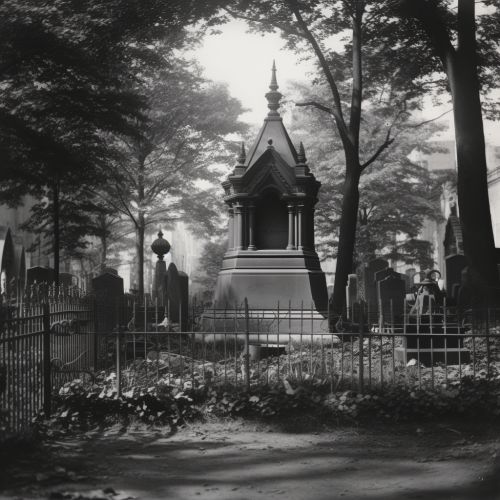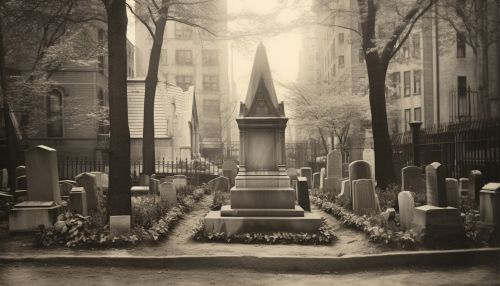JP Morgan
Early Life
John Pierpont Morgan, commonly known as J.P. Morgan, was born on April 17, 1837, in Hartford, Connecticut. His father, Junius Spencer Morgan, was a successful financier who nurtured his son's interest in banking from an early age.
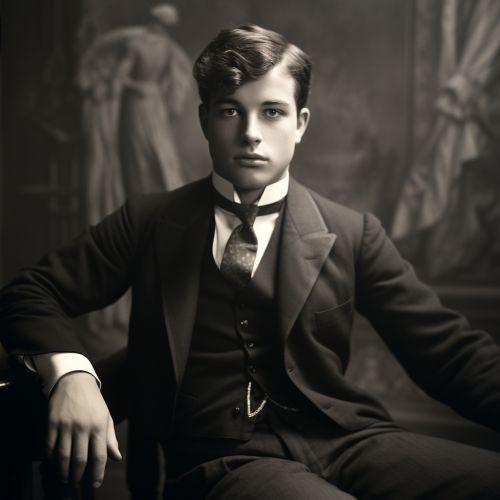

Education
Morgan received his early education at the English High School of Boston, a school renowned for its strong focus on mathematics and classics. He later attended the University of Göttingen in Germany, where he gained fluency in German and a broad education in various subjects, including art history and philosophy.
Career
Morgan began his career in finance in 1857 as an accountant with the New York banking firm of Duncan, Sherman & Company, which was the American representative of the London firm George Peabody and Company.
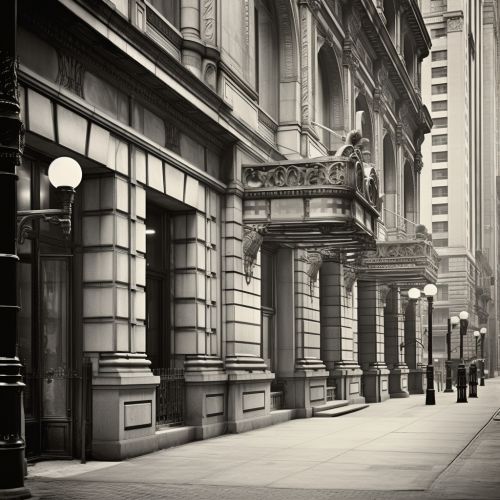
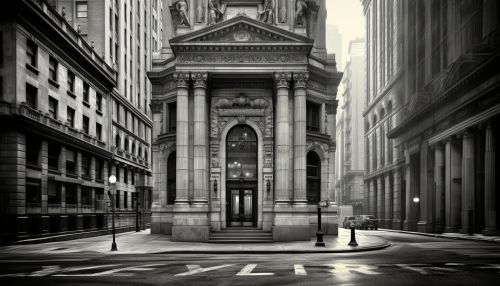
In 1861, Morgan was made a partner in the firm, and it was renamed J.S. Morgan & Co. This marked the beginning of Morgan's ascent in the world of finance. Over the next few decades, he would establish himself as one of the most powerful financiers of his era, with a hand in creating and consolidating various industries.
J.P. Morgan & Co.
In 1895, Morgan took control of the company following his father's death and renamed it J.P. Morgan & Co. The company became one of the leading financial firms in the world. It was instrumental in providing the United States government with a gold bailout during the Panic of 1893.
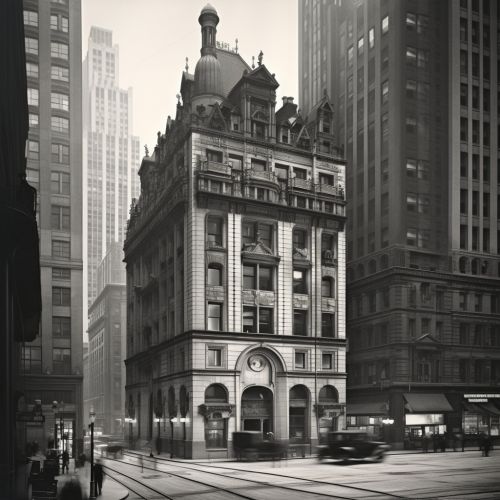
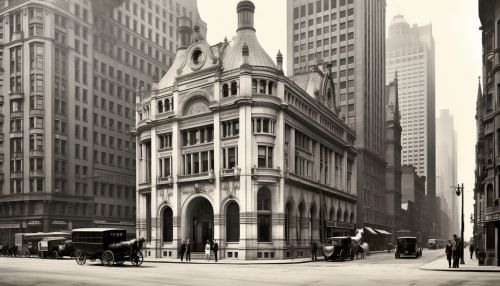
Industrial Consolidation
Morgan was a driving force behind the wave of industrial consolidation in the United States during the late 19th and early 20th centuries. He arranged the merger of Edison General Electric and Thomson-Houston Electric Company to form General Electric in 1892. He was also instrumental in the creation of the United States Steel Corporation, which was the first billion-dollar corporation in the world.
Philanthropy
Morgan was also a notable philanthropist. He was a major benefactor of the Metropolitan Museum of Art and the American Museum of Natural History, among others. He also amassed one of the most significant art collections in the world, which he later bequeathed to the Metropolitan Museum of Art.
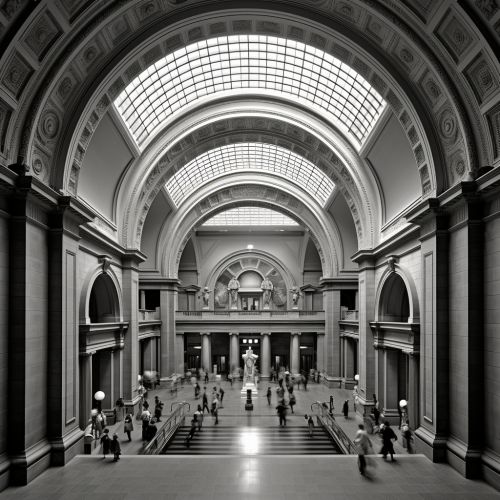
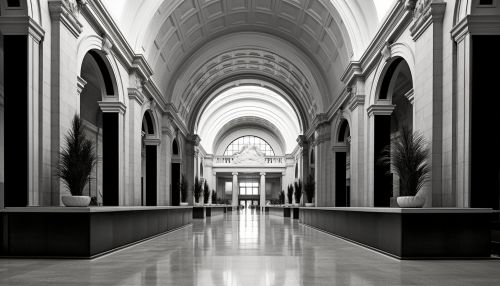
Death and Legacy
Morgan died in his sleep on March 31, 1913, in Rome, Italy. He left behind a legacy of industrial consolidation and philanthropy. His life's work had a profound impact on the shape of modern American capitalism.
